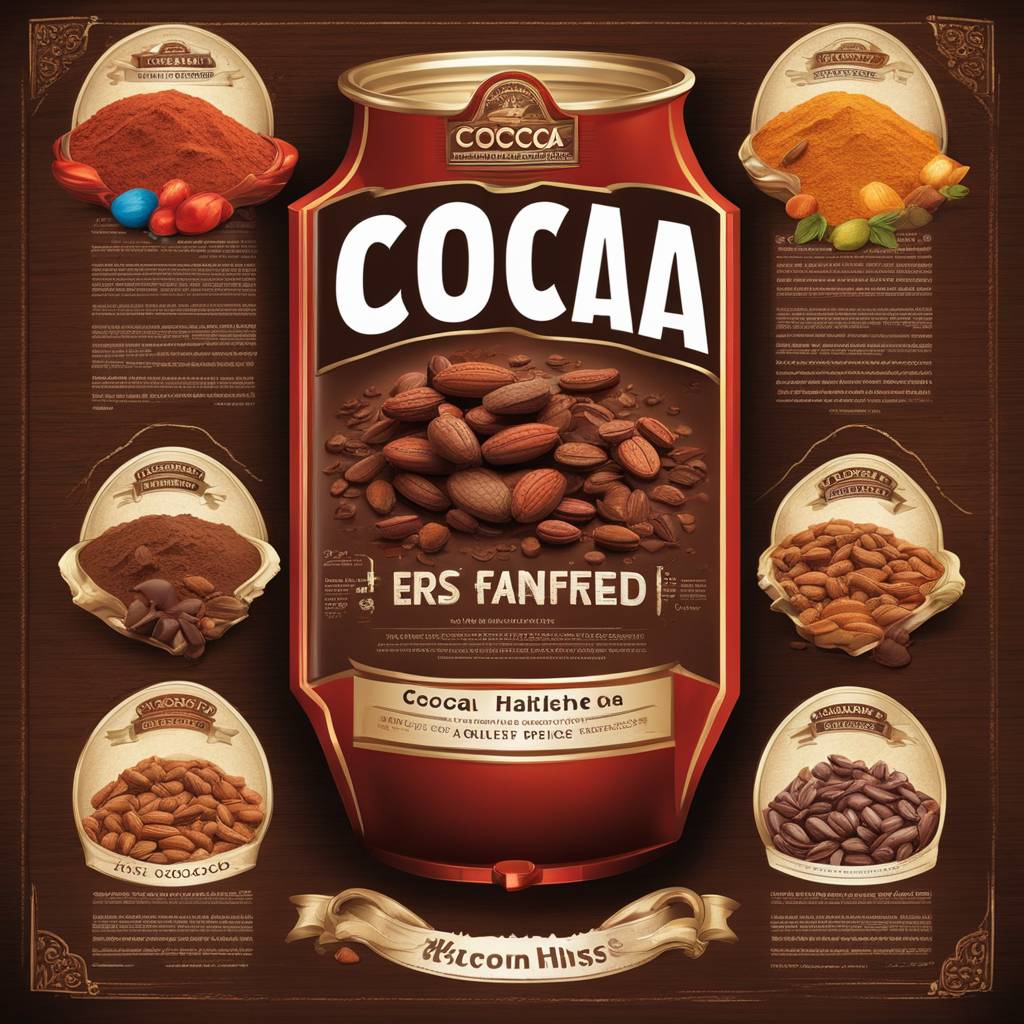The cocoa industry is facing unprecedented challenges that have driven cocoa prices to historical highs above $10,000 per ton. Environmental factors such as climate change, as well as human activities like illegal smuggling of cocoa beans and illegal gold mining, are contributing to a scarcity of cocoa and leading to price increases. The Ghana Cocoa Board has highlighted these issues, pointing to the impact of illegal activities on cocoa production and the environment, as well as the prevalence of Cocoa Swollen Shoot and Virus Disease (CSSVD) in cocoa farms.
The global cocoa deficit is expected to reach 374,000 metric tons in the 2023-2024 season, a sharp increase from the previous year’s deficit of 74,000 metric tons. This deficit is driven by a variety of factors, including the decline in cocoa output in countries like Ivory Coast and Ghana. The cocoa industry in these countries is facing challenges such as older and unproductive cocoa farms, the prevalence of CSSVD, and a decrease in cocoa arrivals at ports. The situation is further exacerbated by adverse weather conditions, posing risks to cocoa crops in the region.
The impact of the cocoa price surge extends beyond the chocolate market, affecting farmers, consumers, and the broader economy. As cocoa prices continue to rise, the cost of chocolate products is expected to increase, impacting everyone from small family-run confectioneries to large multinational corporations. The current supply crunch and projected deficit in the global cocoa market highlight the urgent need for sustainable farming practices and initiatives that can help increase cocoa production and ensure the livelihoods of cocoa farmers.
To address the challenges facing the cocoa industry, the Ghana Cocoa Board has recommended the use of the “4Ps” approach—Pruning, Pollination, Poultry Manure, and Protection. This initiative aims to promote sustainable farming practices, increase cocoa yield, and protect cocoa trees from pests and diseases. By adopting practices like regular tree pruning, innovative pollination techniques, and the use of poultry manure for soil fertility, cocoa farmers can improve their productivity and contribute to a more sustainable cocoa industry.
Overall, the cocoa industry is at a critical juncture, with multiple challenges impacting cocoa production and prices. As stakeholders work to address issues such as climate change, illegal activities, and diseases affecting cocoa crops, the future of cocoa production and the chocolate industry will depend on sustainable farming practices and collaborative efforts to ensure the long-term viability of cocoa farming. With global demand for chocolate on the rise, finding solutions to the current challenges facing the cocoa industry is essential for maintaining a stable and reliable cocoa supply chain.


